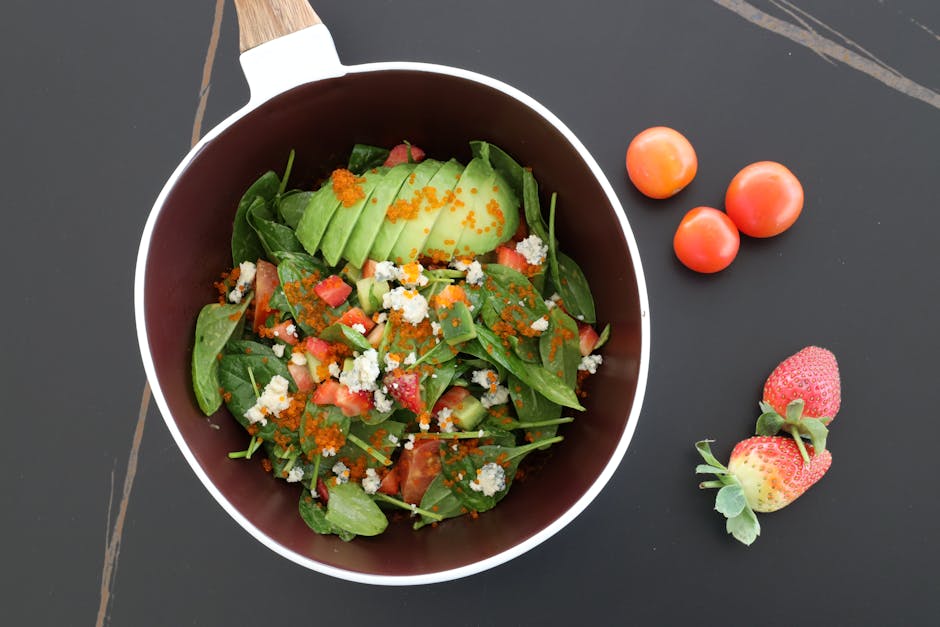Plant-based diet is gaining traction among those seeking a healthier lifestyle, making it the perfect starting point for anyone curious about vegan for beginners, whole foods plant based, and the many plant-based benefits. In this comprehensive guide from Fit Food Wisdom, you’ll find actionable tips, easy recipes, and compelling reasons to embrace this nourishing way of eating.
What Is a Plant-Based Diet?
At its core, a plant-based diet focuses on eating foods that come primarily from plants. This includes fruits, vegetables, whole grains, legumes, nuts, and seeds. Unlike strict vegan diets, a plant-based approach may allow for occasional animal products, but the emphasis remains on whole, minimally processed plant foods. The goal is to fill your plate with vibrant, nutrient-dense ingredients that fuel your body and support overall wellness.
Whole foods plant based eating means choosing foods in their most natural state. For example, opt for whole grains like quinoa or brown rice instead of refined white rice, and enjoy fresh fruits and vegetables over processed snacks. By doing so, you’ll naturally increase your intake of fiber, vitamins, minerals, and antioxidants, while reducing unhealthy fats and added sugars. This lifestyle is flexible and can be adapted to fit your personal preferences and health goals.
Many people confuse plant-based with vegan or vegetarian diets. While vegans avoid all animal products, and vegetarians exclude meat but may eat eggs or dairy, plant-based eaters focus primarily on plants but may include small amounts of animal products if desired. The bottom line: a plant-based diet is about maximizing your intake of whole, nourishing plant foods.
Benefits of a Plant-Based Diet
Embracing a plant-based diet comes with a host of health benefits. Research consistently shows that those who eat more plant foods enjoy lower risks of chronic diseases such as heart disease, type 2 diabetes, and certain cancers. The high fiber content found in plant-based foods supports healthy digestion and helps maintain a healthy weight.
Plant-based diets are also rich in antioxidants and phytonutrients, which help combat inflammation and oxidative stress. These nutrients work together to boost your immune system, support brain health, and even improve skin appearance. Additionally, many people report increased energy levels and better mood after making the switch to a whole foods plant based lifestyle.
Beyond personal health, plant-based eating has environmental benefits. Producing plant foods generally requires fewer resources and results in a lower carbon footprint compared to animal agriculture. By choosing more plants, you’re making a positive impact on both your well-being and the planet.
Getting Started: Tips for Transitioning to a Plant-Based Diet
Transitioning to a plant-based diet can be simple and enjoyable with the right approach. Start by gradually increasing your intake of fruits, vegetables, whole grains, and legumes. Try adding a serving of leafy greens to your meals or swapping out animal protein for beans or lentils in your favorite recipes.
Planning is key. Make a list of plant-based meals you enjoy and prepare a grocery list before shopping. Keep your kitchen stocked with staples like oats, brown rice, canned beans, nuts, and seeds. Experiment with meal prep to save time during the week, and consider trying pre-made plant-based options or meal kits for convenience.
Don’t be afraid to explore new flavors and cuisines. Many world cuisines, such as Mediterranean, Indian, and Asian, offer delicious plant-based dishes. If you miss the taste of meat, try plant-based meat alternatives or hearty vegetables like mushrooms and eggplant. Remember, it’s about progress, not perfection—every plant-powered meal counts!
Easy Plant-Based Recipes for Beginners
Getting started vegan doesn’t mean giving up flavor or satisfaction. Here are a few simple recipes to kickstart your plant-based journey:
- Breakfast: Overnight oats with almond milk, chia seeds, and fresh berries. Top with a sprinkle of nuts for added crunch.
- Lunch: Colorful quinoa salad with chickpeas, cherry tomatoes, cucumber, spinach, and a lemon-tahini dressing.
- Dinner: Stir-fried tofu with broccoli, bell peppers, and snap peas over brown rice. Season with soy sauce, garlic, and ginger.
- Snack: Hummus with carrot sticks, cucumber slices, and whole grain crackers.
- Dessert: Sliced apples with a drizzle of almond butter and a sprinkle of cinnamon.
These recipes are quick, nourishing, and can be customized to suit your taste preferences. As you gain confidence, experiment with new ingredients and cooking techniques to keep your meals exciting and satisfying.
Common Questions About Plant-Based Diets
Will I get enough protein? Yes! Plant-based diets provide ample protein through foods like beans, lentils, tofu, tempeh, quinoa, and nuts. Diversifying your protein sources ensures you get all the essential amino acids your body needs.
Do I need to take supplements? While most nutrients can be obtained from plant foods, vitamin B12 is one exception and should be supplemented, as it’s not naturally found in plants. Some people may also consider vitamin D or omega-3 supplements, especially if they have specific health needs or limited sun exposure.
How do I eat out or travel? Many restaurants now offer plant-based options, and simple menu swaps can make most meals plant-based. Pack snacks like fruit, trail mix, or energy bars when on the go. Don’t hesitate to ask for modifications or check menus in advance.
Remember, a plant-based diet is a journey. Celebrate your progress, seek support from online communities, and enjoy discovering a world of delicious, nourishing foods.

